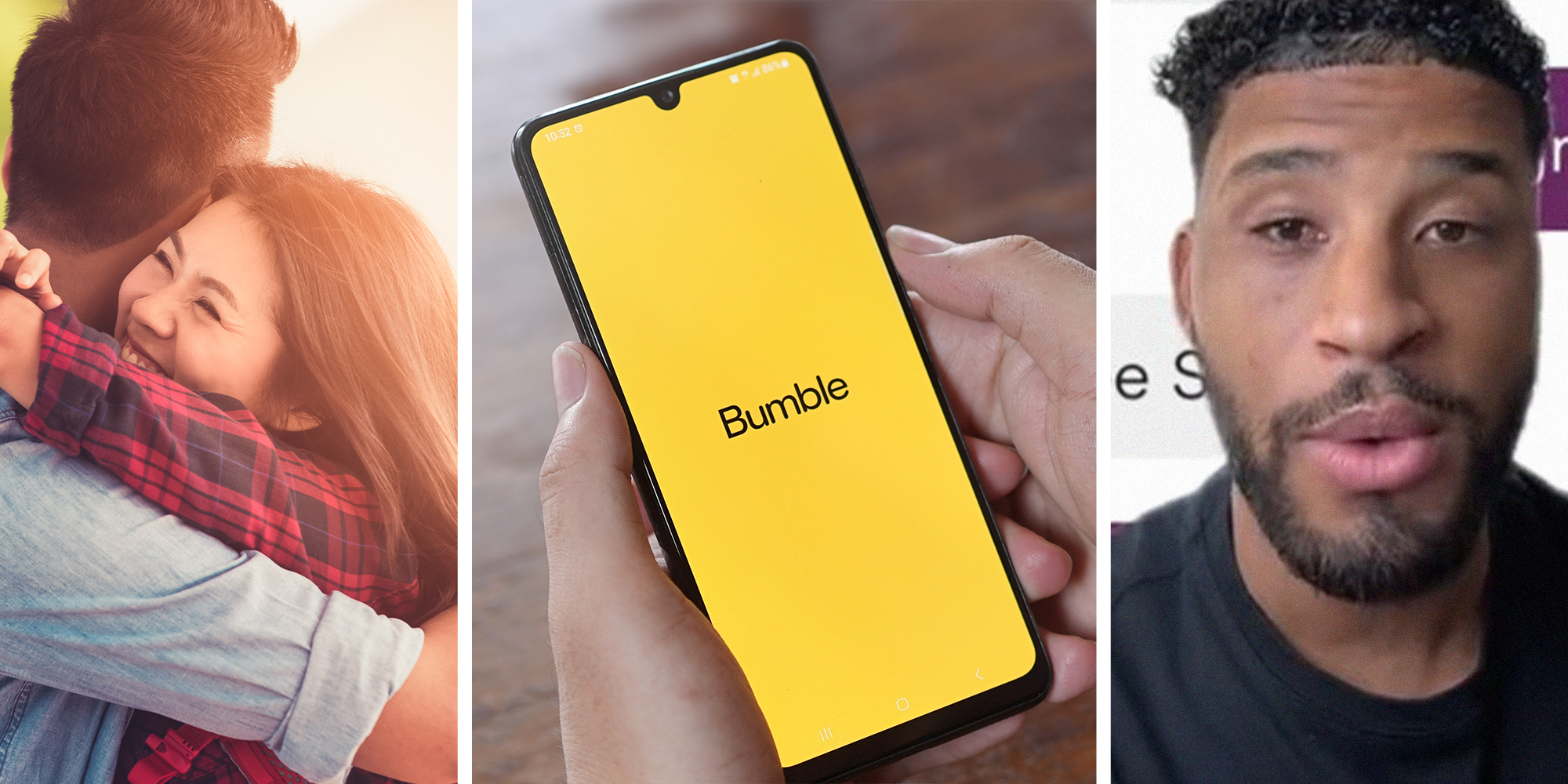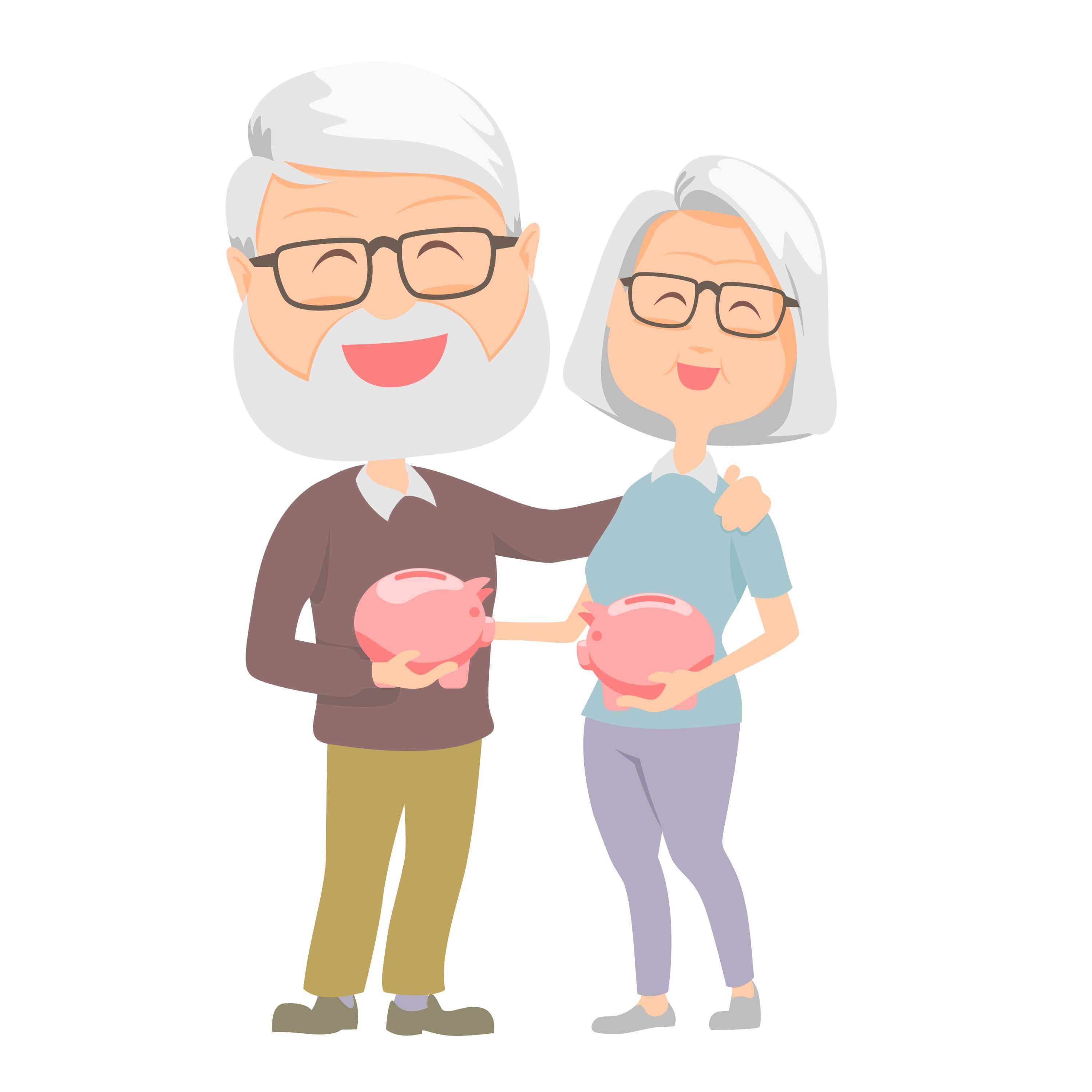The Government Should Be Much More Involved In Our Romantic Lives

If romantic relationships were a public service, they would probably be among the most cost-effective investments any government could make with the biggest returns.
A policy intervention that could improve mental and physical health, reduce healthcare costs, boost falling birth rates and even improve the economy? Sounds like something the Prime Minister should be interested in, right?
Yet in policy, romantic relationships rarely get a look in.
We give people support with parenting, help them to make healthy lifestyle changes and advice them on how to manage their finances, so imagine if governments could help create opportunities for people to boost the quality of their romantic lives.
Healthy relationships – romantic or with friends and family – are associated with better mental health: from greater emotional support and reduced stress to acting as a buffer against loneliness. Research tells us that those in relationships live longer and healthier lives.
Purely from a cost perspective, more relationships would be desirable too. Severe loneliness costs almost £10,000 per person per year, due to its combined impact on wellbeing, health, and work productivity.
Of course, the choice of who you get into a relationship with should be a private matter and I’m not asking No 10 to start playing matchmaker, but the Government could still make a positive difference to our romantic wellbeing.
Unlike most policy areas, there could actually be relatively simple solutions. In our digital world, dating apps would seem the most obvious place to start.
Consider this: before the invention of the bicycle, the average distance between the birthplaces of spouses in England was one mile. But once people looking for love got on their bikes the courting distance increased to 30 miles within a single generation. Today, dating apps have added rockets to that bicycle and we can choose from a seemingly never ending list of potential partners from all over the world.
Though the dynamics don’t quite work the same, all that choice means that modern dating sometimes resembles just another consumer market – with all our hopeful profiles as competing products looking for a buyer’s attention. So perhaps the Government could deploy some of the same levers it uses elsewhere to ensure a fairer playing field for romantic consumers.
On many apps users are pushed to buy “extras” in the promise that they will help increase their chances of finding a match but in behavioural science parlance, we know the choice architecture – how options are presented to users – actually means that users struggle to make meaningful connections.
For example, the apps often lead to “doomswiping”: even though the probability of the next person being your match is extremely low, the cost of swiping is almost zero. So swiping in search of an even better option, instead of opting for the one in front of you, always seems worth the cost.
Humans can be very prone to choice overload, and the feeling of abundance can mean we turn down suitable matches. So a new approach could be to have less choice rather than more and the creation of a new, not-for-profit app called “Dating for Good”.
Instead of allowing users to swipe through endless potential matches, hoping to find the perfect person, it would be an illuminating experiment to see what happens if people are required to explore their existing matches before they can swipe again – creating more time for connections to develop.
Moreover to create the space for relationships to thrive, perhaps existing apps could be required under law to make their matching algorithms more transparent, ban hidden fees, and clamp down on false advertising. Not to mention the additional measures apps could be made to take to cut down on romance fraud, online abuse, and catfishing.
Government or other public bodies could also play a greater role in creating offline space for individuals to pursue relationships.
I’m not proposing we set up South Korea style state sponsored speed dating events, but we could explore how society offers more support for people to connect romantically.
In the way we have Family Hubs to support parents and children, why not Relationship Hubs? They could offer support for people already in relationships, providing counselling and “relationship health check-ups”, especially for those who struggle to access that type of support currently.
Other useful services could include helping people to avoid romance scams, and potentially even hosting dating events. By providing a community space for relationship seekers it could help create camaraderie and friendship too, making the task of getting oneself out there a little less lonely in and of itself.
In these days of financial deficit and “black holes” in public finance, it’s almost impossible that any of these policy flights of fancy would ever see the light of day – and maybe we would just want the Government to stick to sorting out potholes rather than finding us a partner in any case.
Even so, it’s worth thinking about what we really value and need in our increasingly lonely society and whether there’s anything we can do to help it thrive – rather than just leave things to chance or the market.
Perhaps one day alongside climate, health, education, and AI, our relationships – our friendships, family connections, community bonds as well as our love lives – might be recognised as one of the most important social issues of our time.
Deelan Maru is a senior policy advisor at the Behavioural Insights Team, a global research and innovation consultancy.
The views expressed in this article are the opinions of the author, and do not necessarily represent the position of BIT.


